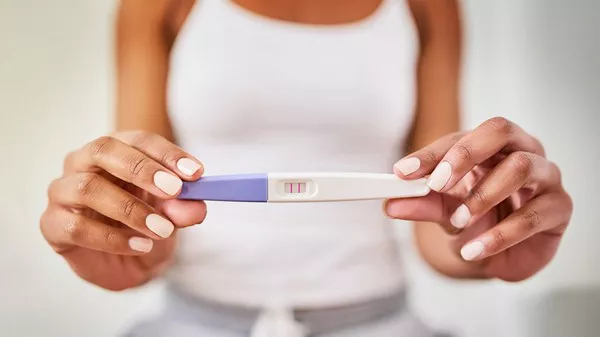Miscarriage is a devastating experience that affects many women and their partners. It occurs when a pregnancy ends spontaneously before the 20th week of gestation, leading to the loss of the fetus. While miscarriages can happen at any stage, there are certain weeks that carry a higher risk. In this article, we will delve into the factors contributing to miscarriage, explore the most vulnerable weeks, and discuss potential ways to reduce the risk.
1. Factors Influencing Miscarriage:
Several factors contribute to the occurrence of miscarriage. These include:
a) Maternal Age: Advanced maternal age (over 35 years) has been associated with an increased risk of miscarriage compared to younger women. This is attributed to age-related decline in egg quality and increased chromosomal abnormalities.
b) Genetic Abnormalities: Chromosomal abnormalities in the fetus account for a significant number of miscarriages. These abnormalities occur randomly during fertilization or cell division and can lead to pregnancy loss.
c) Medical Conditions: Certain medical conditions such as diabetes, thyroid disorders, polycystic ovary syndrome (PCOS), or autoimmune diseases may increase the risk of miscarriage.
d) Lifestyle Factors: Unhealthy lifestyle choices, including smoking, excessive alcohol consumption, drug use, and exposure to environmental toxins, have been linked to an elevated risk of miscarriage.
2. Weeks with Increased Risk:
While miscarriages can occur throughout the first trimester and beyond, there are specific weeks where the risk is relatively higher:
a) First Trimester (Weeks 4-12): The majority of miscarriages occur during the first trimester, with the highest risk in the early weeks. Week 4-6 is considered a critical period due to the formation of vital organs and implantation issues. Weeks 6-8 are associated with the highest risk due to chromosomal abnormalities.
b) Weeks 9-12: While the risk declines after week 8, it remains relatively high during weeks 9-12. This period is crucial for the development of major organ systems, and any disruptions during this time may lead to miscarriage.
c) Second Trimester (Weeks 13-20): Although the risk significantly decreases after the first trimester, there is still a small chance of miscarriage during the second trimester. However, these losses are relatively rare compared to those occurring in the first trimester.
3. Reducing the Risk of Miscarriage:
While some factors contributing to miscarriage are beyond our control, there are steps individuals can take to potentially reduce the risk:
a) Maintain a Healthy Lifestyle: Adopting a healthy lifestyle before and during pregnancy is crucial. This includes eating a balanced diet, engaging in regular exercise, avoiding smoking and excessive alcohol consumption, and minimizing exposure to harmful substances.
b) Prenatal Care: Seeking early and regular prenatal care allows healthcare providers to monitor the pregnancy closely, identify any potential complications, and provide appropriate interventions and support.
c) Genetic Counseling: If you have a history of recurrent miscarriages or known genetic abnormalities, seeking genetic counseling can help assess the risk and explore options such as preimplantation genetic testing or other assisted reproductive techniques.
d) Emotional Support: Dealing with a miscarriage can be emotionally challenging. Seeking support from loved ones, joining support groups, or seeking professional counseling can help individuals and couples navigate their grief and emotional healing process.
Conclusion:
Understanding the weeks with the highest risk for miscarriage can help individuals prepare and seek appropriate care during these vulnerable periods. While certain factors increase the likelihood of miscarriage, implementing healthy lifestyle choices and accessing timely prenatal care can potentially reduce the risk. It is important to remember that each pregnancy is unique, and while knowledge can empower us, it cannot guarantee outcomes. Supporting individuals and couples through the emotional aspects of miscarriage is equally vital to their overall well-being during this difficult time.


